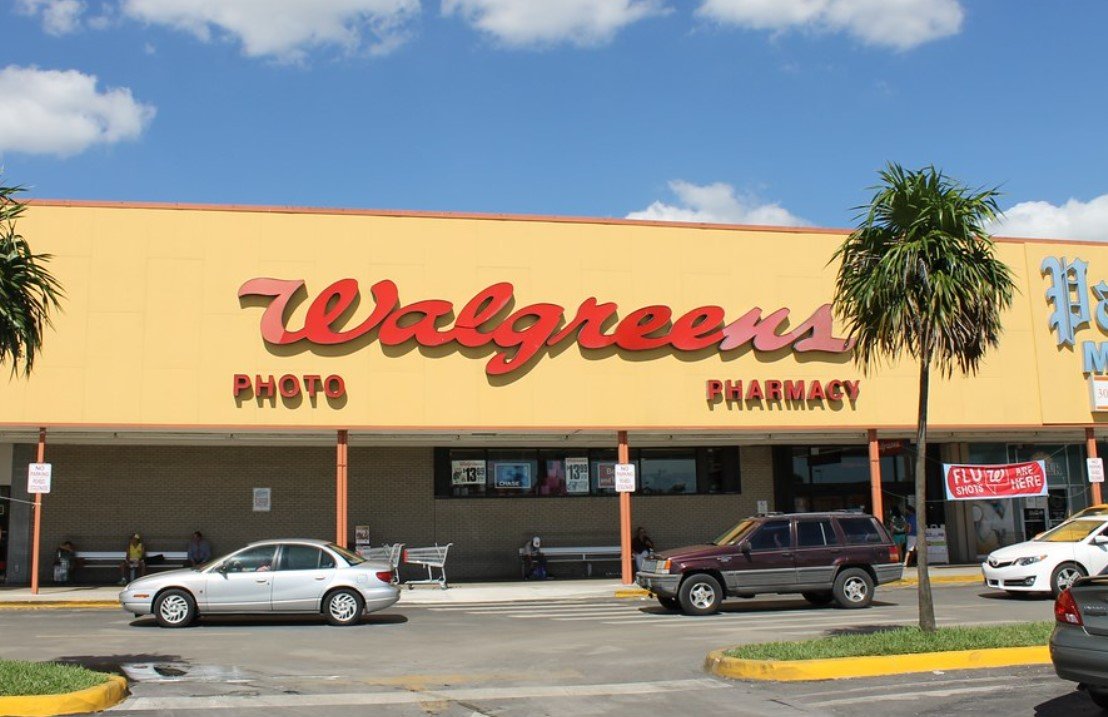Walgreens Boots Alliance (WBA) has caught the attention of investors, with its stock seeing a significant boost last week. The surge comes on the heels of reports suggesting private equity firm Sycamore Partners might be eyeing the company for a potential buyout. But is this a reason to celebrate, or should investors proceed with caution?
Market Reaction: Hopeful Yet Risky
The mere rumor of an acquisition often excites the stock market, and Walgreens was no exception. Shares of the company leapt over 21% last week, briefly reigniting interest in a stock that has struggled throughout 2024. But there’s a catch.
Investors are betting on the possibility of a lucrative deal. Sycamore’s interest could signal optimism for a turnaround, but there’s no guarantee the terms will favor current shareholders. At Friday’s close, Walgreens’ market cap hovered near $9 billion. If the acquisition price falls below that, anyone buying the stock now risks taking a loss—even if the deal goes through.

The Fundamentals: Not Pretty
The excitement around a buyout might overshadow some stark realities about Walgreens’ business. The company has posted losses in three of its last four quarters and continues to face significant challenges.
Online pharmacies have grown in popularity, chipping away at traditional brick-and-mortar models like Walgreens’. Meanwhile, competitors are ramping up their offerings, putting even more pressure on the pharmacy giant. For Sycamore Partners, these issues could be red flags. A deeper look into Walgreens’ financials and operational hurdles might dissuade the firm from committing to a deal.
Key concerns for Walgreens include:
- Shrinking Margins: Gross margin is just 16.3%, signaling struggles to maintain profitability.
- Declining Consumer Foot Traffic: As consumers increasingly shift to online alternatives, store closures may become inevitable.
- Increased Competition: Rivals like CVS and Amazon’s pharmacy services continue to dominate the sector.
Acquisition Uncertainty: A Fragile Rally
Even the best-laid plans for acquisitions can fall apart. According to The Wall Street Journal, a deal between Sycamore Partners and Walgreens may not materialize until early 2025, if at all.
The time lag alone could deter investors. A lot can happen in the interim, including economic shifts or further deterioration in Walgreens’ performance. If the deal collapses, the stock could quickly plummet back to pre-rumor levels—or worse.
Why Walgreens May Still Be a Gamble
Investing in Walgreens right now might feel like rolling the dice. With a stock price down more than 60% year-to-date and a dividend yield of 10.31%, some investors might see this as a potential comeback story. However, the risks far outweigh the rewards.
A few things to consider:
- Acquisition Speculation: Betting on a buyout without firm details is inherently risky.
- Weak Fundamentals: The company’s ongoing losses and operational struggles don’t inspire confidence.
- Volatility: Walgreens stock remains highly susceptible to swings, particularly tied to news about the acquisition.
Historical Perspective: Is This a Pattern?
This isn’t the first time Walgreens has seen speculation about a major pivot or strategic change. The stock’s performance over the last five years paints a grim picture, with shares falling steadily. Even with a potential buyout, it’s hard to imagine a scenario where investors see massive returns without fundamental improvements.
Here’s a look at Walgreens’ five-year trend:
| Year | Stock Price at Year-End | Key Event/Performance Notes |
|---|---|---|
| 2020 | $39.33 | Pandemic disruptions hurt retail operations. |
| 2021 | $50.77 | Modest recovery amid vaccine rollout. |
| 2022 | $40.21 | Stagnation as competition grows. |
| 2023 | $27.05 | Stock tumbles with declining earnings. |
| 2024 (YTD) | $9.70 | Plummeted amid operational losses. |
Takeaway: A Stock Better Left on the Watchlist
For now, Walgreens doesn’t offer enough certainty to justify an investment. While the acquisition rumors have provided a short-term boost, the long-term picture remains cloudy.
Savvy investors might consider keeping Walgreens on a watchlist, but buying in now carries substantial risk. Without concrete evidence of a turnaround—or confirmation of a favorable acquisition—holding onto this stock could end in disappointment.
































